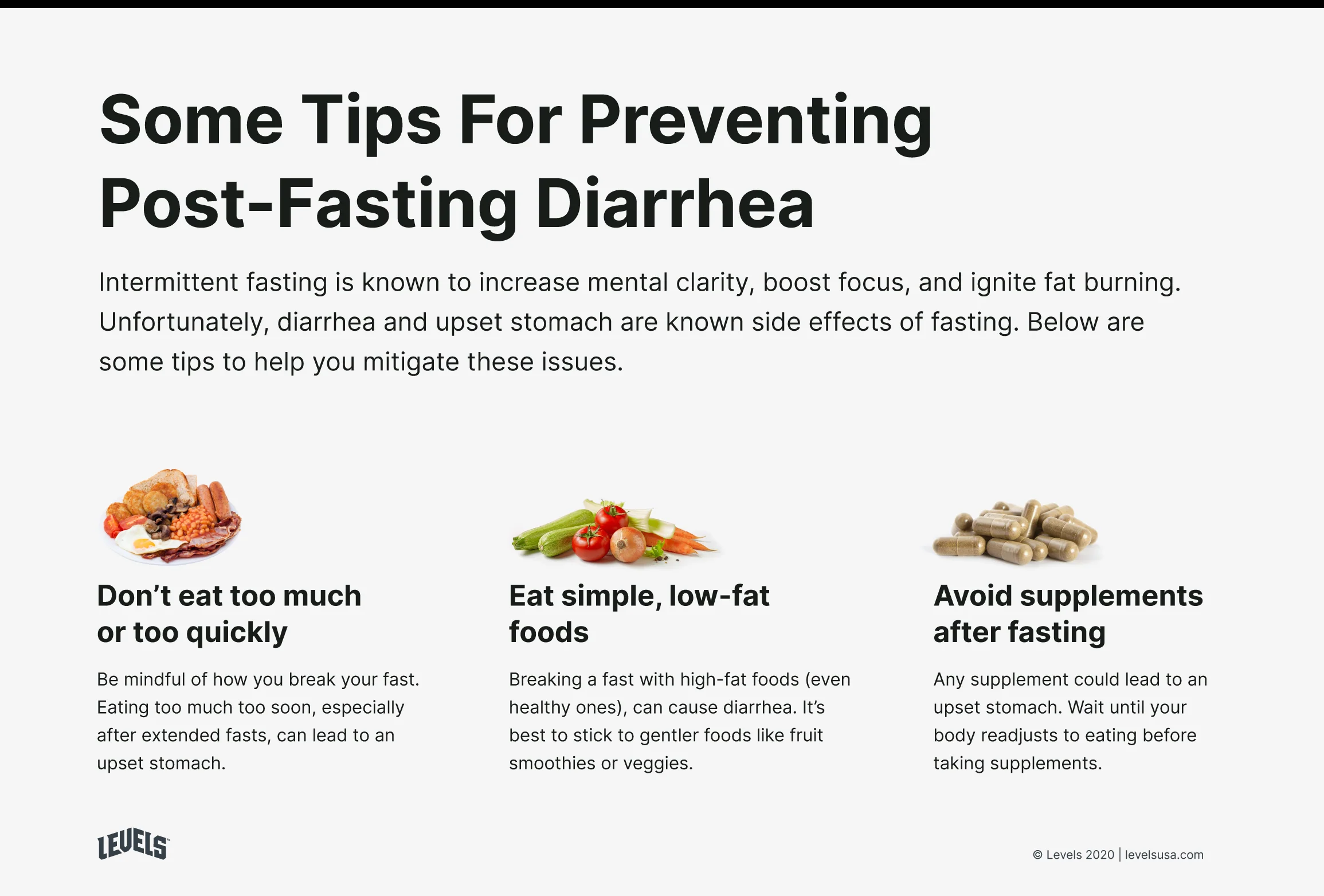Diarrhea is an uncomfortable and often disruptive condition that can affect anyone, regardless of age or health status. While it can sometimes be caused by underlying health issues, most cases of diarrhea result from infections, poor hygiene, or dietary choices. Fortunately, there are several simple yet effective steps you can take to reduce your risk of developing diarrhea. Nitazoxanide 200 mg can treat diarrhea. Here’s how you can keep your digestive system healthy and prevent diarrhea.
1. Practice Good Hand Hygiene
One of the most effective ways to prevent diarrhea is by practicing good hand hygiene. Wash your hands thoroughly with soap and water, especially before eating, after using the bathroom, and after handling raw food. Proper handwashing helps eliminate harmful bacteria and viruses that can cause diarrhea.
2. Drink Safe and Clean Water
Contaminated water is a common source of diarrhea, particularly in areas with poor sanitation. Always ensure that your drinking water is safe. If you’re unsure about the water quality, opt for bottled or boiled water. Avoid using ice cubes made from unfiltered water and be cautious when consuming water in areas where sanitation may be questionable.
3. Eat a Balanced Diet
A well-balanced diet not only supports overall health but also helps in preventing diarrhea. Avoid consuming raw or undercooked meats, unpasteurized dairy products, and improperly washed fruits and vegetables. These foods can harbor harmful pathogens that cause gastrointestinal issues. Additionally, incorporating fiber-rich foods into your diet can promote healthy digestion and reduce the risk of diarrhea.
4. Be Cautious with Street Food
While street food can be tempting, it can also be a source of foodborne illnesses that lead to diarrhea. If you choose to eat street food, make sure it’s cooked thoroughly and served hot. Avoid foods that have been left out in the open for long periods, as they are more likely to be contaminated.
5. Practice Safe Food Preparation
Safe food preparation is key to preventing diarrhea. Always wash your hands before handling food, use separate cutting boards for raw meat and vegetables, and cook food to the appropriate temperatures. Proper food storage is also crucial; refrigerate perishable items promptly to prevent the growth of harmful bacteria.
6. Stay Hydrated
Maintaining proper hydration is essential for digestive health. Drinking plenty of water throughout the day helps keep your digestive system functioning smoothly and can help prevent constipation and diarrhea. However, make sure the water you consume is clean and safe.
7. Consider Probiotics
Probiotics are beneficial bacteria that support gut health and may help prevent diarrhea, especially when taken during or after a course of antibiotics. You can find probiotics in certain foods like yogurt, kefir, and fermented vegetables, or as dietary supplements. Consult with your healthcare provider before starting any probiotic regimen.
8. Be Aware of Food Allergies and Intolerances
If you have food allergies or intolerances, consuming trigger foods can lead to diarrhea. Common culprits include lactose (found in dairy products), gluten (found in wheat and other grains), and certain artificial sweeteners. Be mindful of your dietary triggers and avoid them to prevent digestive issues.
9. Vaccination and Medication
For those traveling to areas where waterborne or foodborne illnesses are common, getting vaccinated can be a proactive step in preventing diarrhea. Additionally, speak with your doctor about medications that can prevent traveler’s diarrhea, such as antibiotics nitazoxanide 500 mg or bismuth subsalicylate.
10. Manage Stress
Stress can negatively impact your digestive system, leading to issues like diarrhea. Incorporating stress-management techniques such as deep breathing, yoga, or meditation into your daily routine can help maintain your digestive health and prevent diarrhea.
Conclusion
Preventing diarrhea involves a combination of good hygiene practices, safe food and water consumption, and overall lifestyle choices that promote digestive health. By following these simple tips, you can significantly reduce your risk of experiencing diarrhea and enjoy better overall well-being. Remember, if you experience persistent or severe diarrhea, it’s important to consult with a healthcare professional to rule out any underlying health conditions.




